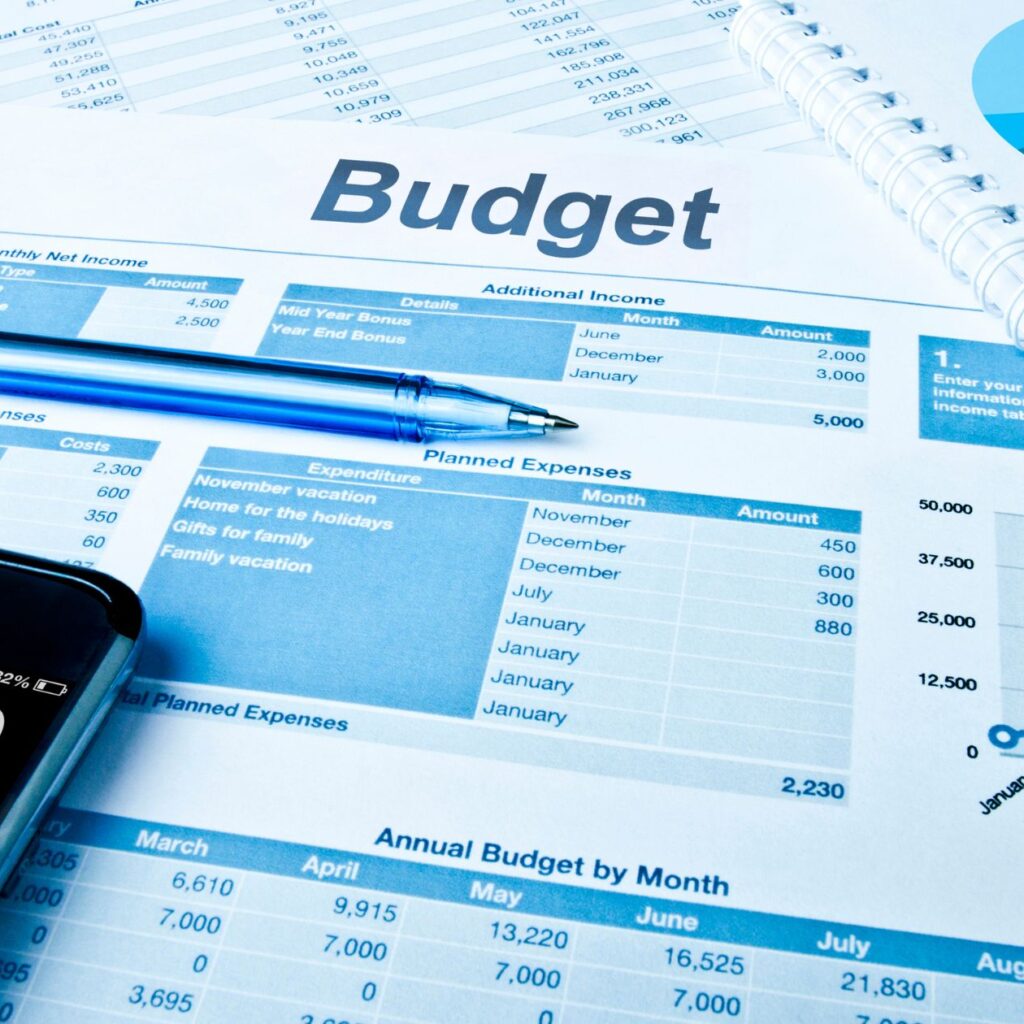Value Based Budgeting | How to Apply Your Faith to Your Finances
Consider the money goals you have for yourself, as well as the kind of person you’d like to be known for. When it really comes down to it, you probably want to be known for the things you hold very highly in your eyes. Otherwise known as your values.
But maybe, when it comes to your money, you have never felt like you have had a true handle on it and there never seems to be much left at the end of the month to go towards the things that truly matter to you.
Whether you are a pretty decent budgeter, or you have struggled to keep a budget in the past, having a plan for your money is one of the primary financial principles found in the Bible. Having a plan for your money is important, but learning how to apply your faith to your finances is the crucial element that is typically missing from most money plans.
Instead of creating any old budget, consider creating a value-based budget.
Here’s the big list of money topics in the Bible, and here is a list of over 100 Bible verses about money.
What is Value-Based Budgeting?
Value-Based Budgeting is the process of aligning your budget and your monthly expenses with what you value most. Where you are spending your money is a clear indicator of what you prioritize in your day-to-day.
A good way to determine if your spending aligns with your values is to look over your monthly expenses. Do you feel like they line up well with the things you value most? Or perhaps, are they going towards things that at the end of the day are not very important?
How to Apply Your Faith to Your Finances
As a follower of Christ, I believe that my faith should impact the way that I approach all decisions in life. That includes how I handle my finances. This is simply what it means to be a good financial steward. So this begs the question, how do I actually apply my faith to my financial decisions? This process has to begin with looking at what the Bible has to say about money.
The good news is that the Bible has a LOT to say about money. In fact, there are more than 2,300 verses on money, wealth, and possessions! Most people are often surprised when they discover how many times money is discussed. Furthermore, money was the most talked about topic by Jesus! In his preaching, Jesus discussed money roughly 15% of the time. 11 of his 39 parables were about money.
God clearly cares a lot about how we handle our finances. Before making any financial decisions, big or small, I ask God how I should handle the question at hand. We can infer a lot about how we are to respond to financial decisions from how Jesus spoke about it.

How to Create a Value-Based Budget
Step 1 – Write Down Your Core Values
Before you can get to the numbers part of your budget, it is important that you get very clear about what your core values are. As I walk my coaching clients through this process, I always recommend picking your top 3 core values and writing them down.
Your core values may include things like family, leadership, tradition, peace, reliability, service, community, or adventure. While you may value many attributes, it is important to narrow it down to figure out what your top priorities are. It’s okay to have many sub-values but get clear on what your top 3 core values are. When it comes to spending your money, it will be important to define these things so that making financial decisions becomes easier.
In order to start narrowing it down, I ask my clients a series of questions. Here are a few of them to help you out –
- Was there ever a moment when you saw someone doing something and felt a strong desire to be able to do the same thing?
- Is there anything you can think of that if you were offered to do it today, it would literally bring tears of joy and have you thinking “that is exactly what I want to do!”?
- When do you feel like you are at your 100%?
After you’ve answered these questions, read through your responses again and see if there are any common trends. Do they all have to relate to family? What about ambition? Maybe they are all about friendship or forgiveness? Simplicity? Service?
Again, keep digging so you can clearly define your top 3 core values.
Step 2 – Track 3 Months Of Spending
After you have become very clear about the top 3 things you value most, it’s time to start looking at the numbers. This part of the value-based budgeting process is pivotal, and many coaching clients have said that this exercise is the most eye-opening part of the whole process. Because during this exercise, we are pulling open the curtains to reveal what is on the other side.
“My money win was pushing through the financial audit. It was painful seeing where I was, but it was a blessing to see because it painted the picture of what I knew was going on, but didn’t want to face. Now that I’ve seen it, I can take it to God in prayer (which I did), and have Him enter into an area that pride can creep in so He can get the glory for me overcoming. I encourage everyone to have that moment of shaking for themselves!”
– Lorenzo
Before you can set up a budget and start to decide what kind of money goals you’d like to work on, you need to have a realistic view of how you’re doing with your money already. It’s not enough to feel the pain, but we need to get to the root of the problem to expose then treat it.
You will need to open up your bank and credit card statements for this exercise, and also open up some spreadsheets on your computer. Transpose all of your expenses from at least the last 3 months of your statements onto the spreadsheets. Separate all of the expenses into different categories. Groceries, restaurants, entertainment, gas, home supplies, coffee, fast food, etc.
This process is long and rather tedious, but trust me, it will be well worth it!
Grab my Money Tracking Spreadsheets to simplify this process.
Step 3 – Evaluating Your Spending Trends
Now that you’ve done the hard work of tracking the last 3 months’ worth of expenses, it’s time to evaluate your spending trends to see exactly where your money has been going.
I would encourage you to make notes throughout your spreadsheets as you start to notice patterns. Do you spend a lot on eating out for lunch? Or maybe you make a lot of coffee runs? How much are you spending on gas and groceries? You may already be able to find areas that you can cut back on pretty easily, so make note of that!
The other important part of evaluating your spending trends is to compare each one of your expenses with your core values that you defined in step 1. Ask yourself if each of those shopping trips aligned with one of your core values. The answer could potentially be yes! But, if it is a no, then make note of that so that going forward you can make a plan to avoid excessive purchases that don’t align with your values.
Need any ideas for how to save more money? Check out this list of things you can stop paying for.
Step 4 – Set Up Your Value-Based Budget
Now you should have a realistic idea of where your money is going and how you can start to shift your spending to align with the things that matter most to you.
One by one, go through the expense categories you defined and set a goal for how much you want to spend for each. Make sure you are not too hard on yourself, it’s okay to start small and work your way towards bigger goals.
For example, if your spending habits say that you spend on average about $300 a month on new clothes and you realize that doesn’t really align with any of your core values, you may try a goal of $250 or possibly $200 per month. If you feel like you can eliminate it altogether – great! But again, don’t be too harsh on yourself.
Learn How to Set Up a Monthly Budget.
Step 5 – Reevaluate Your Budget
Try out your new budget for a month, and be sure to reevaluate it at the end of the month to see if you were able to stick to your goals or not. Go through the process of setting new goals for the upcoming month.
Challenge yourself to save more where you can, but allow yourself the flexibility to spend on those things that are most important to you!
Check out my Super Simple Budget Spreadsheets where I do all of my own value-based budgeting!
Ready to transform your financial journey through faith-based guidance? Book an empowering call with Katie Jones, a Certified Christian Financial Counselor, today and pave the way for abundance and blessings in your life!
Find Out If Faith-Based Money Coaching is Right For You
You May Also Like
Should Christians Track Their Net Worth?
What Does The Bible Say About Wealth?
8 Biblical Truths on How Christians Should Handle Their Finances
4 Ways to Discern How God Wants You to Spend Your Money



